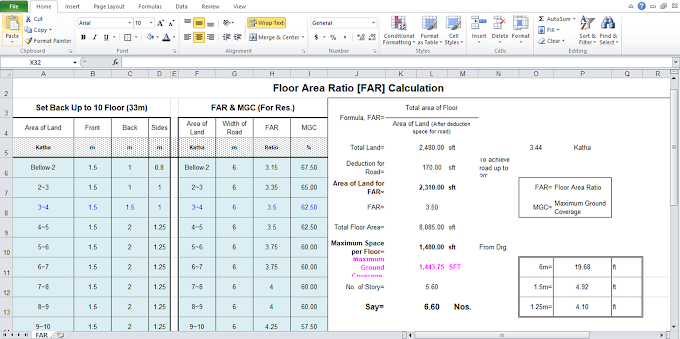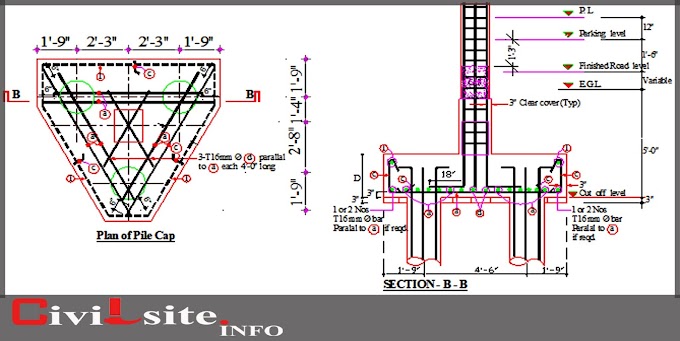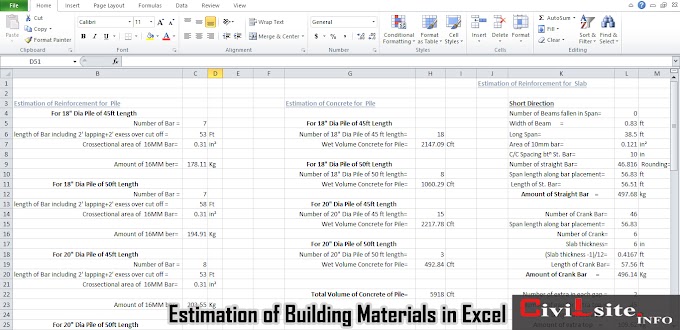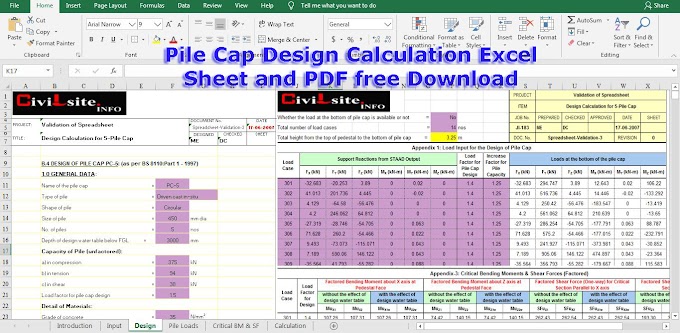Value Methodology (VM) is a systematic and structured approach aimed at optimizing the cost, quality, and functionality of projects, products, or processes. In the realms of project management and product development, VM stands as a pivotal tool that not only ensures the efficient use of resources but also fosters innovation by challenging teams to think critically about the functions of their projects and products. Embracing VM can lead to enhanced performance, cost reductions, and more viable and sustainable solutions, setting the stage for the overall success of any endeavor.
What key components are necessary for successful pre-workshop preparation for a VM?
For successful pre-workshop preparation in a VM endeavor, several key components are paramount. It's vital to assemble a multidisciplinary team, ensuring a variety of perspectives are included. Equally important is the meticulous collection and analysis of relevant data concerning the project, product or process, which sets the groundwork for informed decision-making. Clear objectives for the workshop should be established, and pertinent resources, such as necessary tools, documentation, and stakeholder input, should be readily available. Additionally, participants should be given a foundational understanding of VM principles and techniques prior to the workshop, ensuring a productive and cohesive session.
Optimizing Value for Efficiency
The VM was conceived during World War II by Lawrence D. Miles at General Electric, as a response to material shortages, aiming to deliver consistent value without compromising quality. VM operates on core principles and phases, including Information, Function Analysis, Creative, Evaluation, Development, and Presentation, guiding teams to critically analyze and refine a project, product or process’s functions for enhanced value. By focusing on maximizing the ratio of function to cost, VM has proven instrumental in bolstering project efficiency and effectiveness, leading to optimized solutions without unnecessary expenditures or feature overcomplications.
The Role of Pre-Workshop Preparation in VM
Pre-workshop preparation in VM is the linchpin for a successful value analysis session, serving as the bedrock on which the entire methodology unfolds. This preliminary phase ensures that all stakeholders are aligned, data is meticulously gathered, and objectives are clear-cut, fostering an environment conducive to informed decision-making. A well-prepared pre-workshop stage not only streamlines the VM session by minimizing ambiguities and potential hurdles but also amplifies its efficacy. The quality of this preparatory work directly correlates with the outcome of the VM session, influencing the depth of insights generated, the feasibility of solutions proposed, and ultimately, the value derived from the entire process.
Key Components of an Effective VM Preparation
An effective VM preparation is anchored by several critical components, each contributing to the depth and clarity of the ensuing value analysis. Foremost, it's essential to gather and review all relevant documentation, ensuring that the VM team has a comprehensive understanding of the project, product or process’s current status, challenges, and historical context. Parallelly, it's pivotal to identify key stakeholders - those individuals who possess pivotal insights or decision-making power - and ascertain their availability for crucial stages of the process. This ensures that vital input isn't overlooked and decisions made are holistic. Setting clear objectives and expected outcomes in advance sharpens the focus of the session, providing a roadmap for discussions and evaluations. Lastly, the team's readiness is enhanced by preliminary readings or training, arming them with foundational knowledge of VM principles and practices, thus fostering a more productive and informed workshop environment.
Choosing the Right VM Team
The Significance of a Cross-Functional Team:
A cross-functional team, consisting of members from diverse departments and skill sets, is a linchpin in the VM process. This diversity ensures that the project, product or process is examined from various angles, guaranteeing a holistic evaluation. Such a team brings a confluence of perspectives, expertise, and experience, which enriches the analysis, fosters innovation, and reduces the risk of oversight. By tapping into the collective intelligence of different functions, it ensures that solutions are comprehensive, feasible, and consider the broader organizational impact.
Characteristics of Effective VM Team Members:
Effective VM team members exhibit a blend of technical expertise and soft skills. They should possess a deep understanding of their respective domains, be it engineering, finance, marketing, or any other specialty. Analytical prowess is crucial to dissect complex challenges and propose solutions. Furthermore, soft skills such as effective communication, adaptability, and a collaborative spirit are vital. An ideal VM member would also demonstrate critical thinking, creativity, and a proactive attitude, always seeking the optimal balance between function and cost.
Roles and Responsibilities within the VM Team:
In a VM team, roles can vary, but some staples include:
● VM Facilitator/Leader: Guides the VM process, ensuring adherence to the methodology, and maintaining the focus and momentum of the team.
● Technical Experts: Offer deep insights into specific aspects of the project or product, based on their domain knowledge.
● Cost Analyst: Provides cost data, financial implications, and supports in evaluating the financial feasibility of solutions.
● Stakeholder Representatives: Offer the perspective of various stakeholders, ensuring their needs and concerns are addressed.
● Documentation Specialist: Responsible for collating, organizing, and documenting findings, proposals, and decisions made during the VM process.
Together, these roles, when effectively integrated, ensure that the VM process is thorough, balanced, and optimized for delivering maximum value.
Tools and Techniques for Successful VM
Within the realm of VM, a suite of specialized tools assists teams in optimizing project value. Common VM tools, such as Function Analysis System Technique (FAST) diagrams, support the mapping of functions to costs, enhancing the clarity of where value can be added or costs can be trimmed. In today's digital age, the integration of technology and software is pivotal, as advanced analytical tools, simulation software, and data visualization platforms augment the precision and speed of VM processes. Furthermore, to foster creativity and innovation, techniques like brainstorming sessions, mind mapping, and the Delphi method are employed, ensuring a wellspring of ideas and solutions that can be evaluated and refined for maximum project efficiency and effectiveness.
Logistics and Infrastructure Set-up
For a successful VM workshop, logistics and infrastructure play an indispensable role. Securing a conducive environment means choosing a well-lit, distraction-free space that promotes collaboration and critical thinking. In tandem with this, the setup of vital technologies and platforms, such as projectors, video conferencing tools, and specialized software, facilitates seamless interactions and data analysis. On the scheduling front, it's pivotal to account for the availability of key stakeholders and the estimated duration of each VM phase, ensuring ample time is allotted for thorough discussions and evaluations, all while maintaining the momentum of the workshop.
Setting Expectations and Ground Rules
Setting the right tone from the outset of a VM workshop is paramount to its success, acting as a compass to guide discussions and deliberations. Drafting and communicating a clear agenda not only provides participants with a structured roadmap but also establishes a shared purpose and focus. To further nurture a conducive environment, ground rules are essential. These might include encouraging active participation, fostering respectful dialogue, maintaining confidentiality where needed, and promoting an open-mindedness to diverse perspectives. Together, these steps ensure a foundation for effective collaboration, keeping discussions constructive, on track, and results-oriented.
Engaging Stakeholders and Ensuring Buy-in
Achieving stakeholder buy-in is critical for the success of any VM initiative. To ensure this, it's imperative to involve them from the earliest stages, making them feel part of the decision-making process. Regularly communicating the benefits of the VM process, its objectives, and potential outcomes helps underline its significance. Personalized engagements, such as one-on-one meetings or focus groups, can provide an avenue for stakeholders to voice concerns, seek clarifications, and offer insights. When stakeholders understand the direct benefits of the VM, whether it's cost savings, improved efficiency, or enhanced product quality, they're more likely to support and champion the process.
Final Preparations and Checks
As the VM workshop approaches, a comprehensive review of all preparations is vital. This includes confirming the availability of key participants, ensuring all logistical and infrastructural arrangements are in place, and double-checking the necessary technologies and platforms for smooth functioning. Additionally, it's crucial to revisit the agenda, ensuring it aligns with the set objectives, and pre-circulate any vital reading materials or documentation. This final sweep guarantees that the stage is set for a productive and seamless VM session, with all participants aligned and ready to contribute effectively.
Conclusion
In the intricate dance of VM, preparation emerges as a non-negotiable cornerstone, setting the stage for the caliber of outcomes. While the tools, techniques, and discussions within a VM workshop are pivotal, their effectiveness is magnified manifold when built on the foundation of thorough groundwork. As organizations tread the path of VM, it's essential to harbor a spirit of continuous improvement, constantly refining the approach, seeking feedback, and adapting to the ever-evolving dynamics of projects and products. Embracing this ethos ensures that VM remains a dynamic, responsive tool in the arsenal of project management and product development, driving unparalleled value and efficiency.
Author Profile
I am Meshari Al-Ebrahim, an author and engineer hailing from Kuwait. My educational background is in Mechanical Engineering, and I'm also well-versed in the field of Renewable Energy. In addition, I have a profound and abiding interest in Value Methodology (VM), as it represents a structured approach to optimizing and enhancing the value of projects, products and processes, aligning perfectly with my commitment to efficiency and innovation.
Contact: For interviews, lecturing, or collaboration opportunities, please reach out to me at meshari18@ymail.com













0 Comments